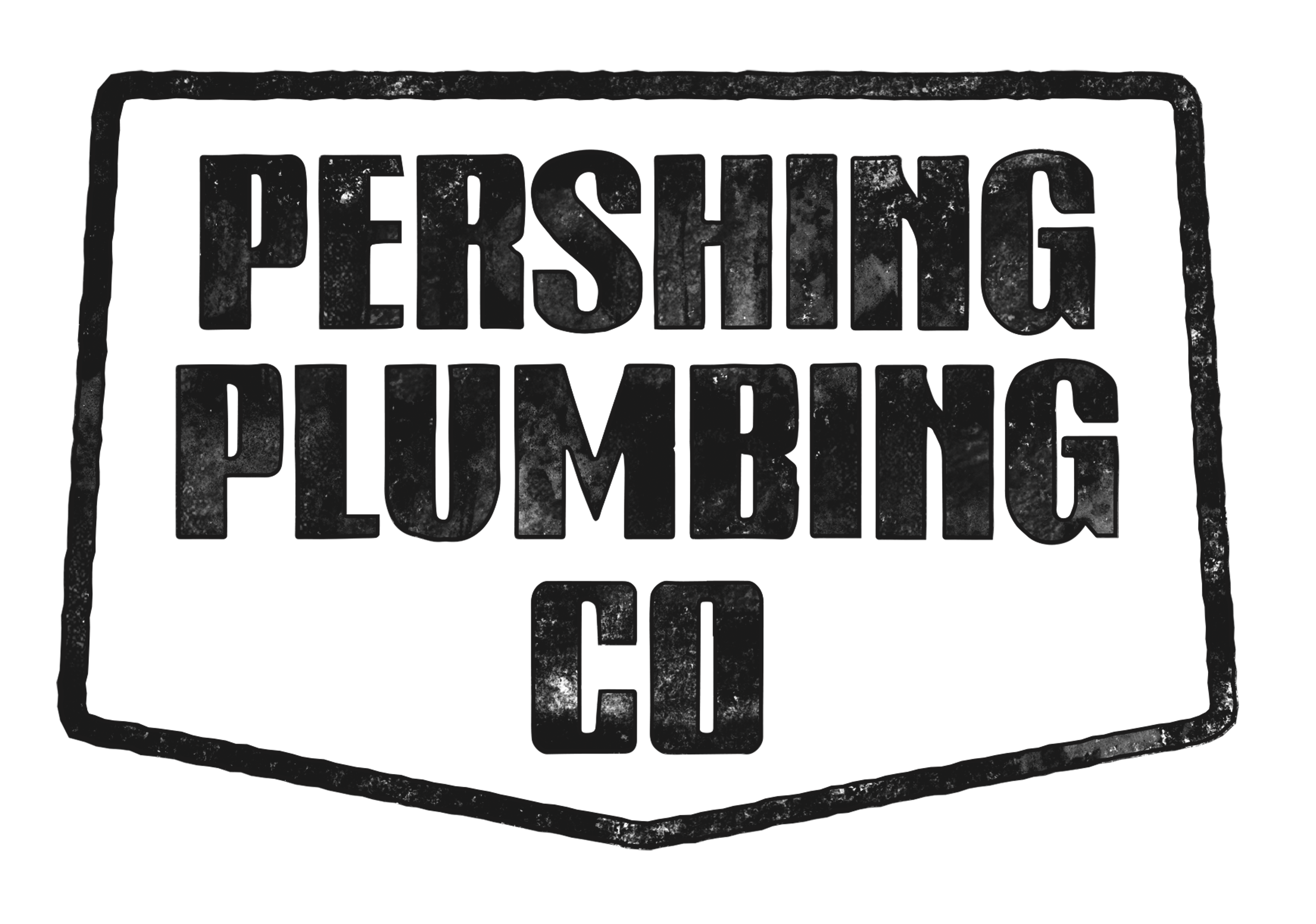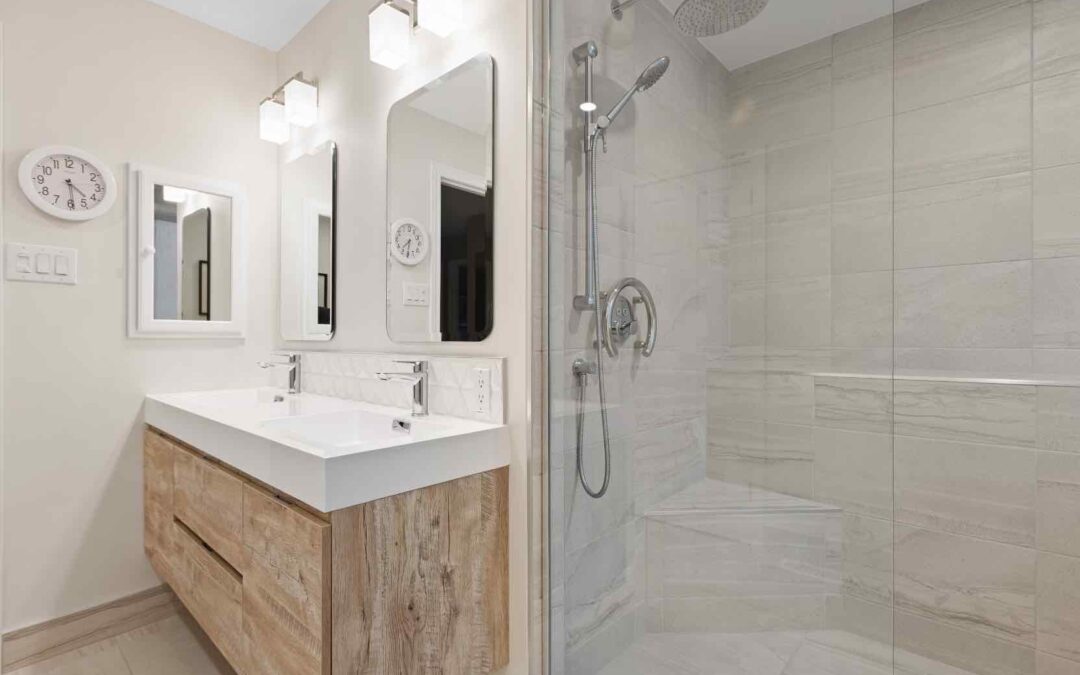The quest for the perfectly sized water heater is akin to finding the heart of your home’s comfort system. It’s about achieving a harmony of efficiency, cost, and convenience. In this comprehensive guide, we’ll explore innovative strategies and provide advice on selecting a water heater that not only meets your hot water needs but also aligns with your home’s energy goals.
Analyzing Usage Patterns:
Start by dissecting your household’s water usage. Do you often find the need for hot water overlapping in different tasks? Or perhaps your lifestyle leans towards minimalistic water use? Chart out a typical day’s hot water usage, including all activities from showers to kitchen needs, to get a realistic view of your demand.
Peak Demand Analysis:
Understanding your peak demand is crucial. This isn’t just about the total volume of water but understanding when the demand hits its peak. Are mornings a rush hour in your household, or is it spread evenly? Analyzing this can help determine not just the size, but the kind of water heater that can best meet these temporal demands.
Exploring Innovative Water Heater Technologies:
With advancements in technology, water heaters are not just about storage anymore. Delve into on-demand tankless water heaters, which provide hot water as needed and can be a game-changer for smaller households or those looking to save on energy. Discover solar water heaters that can offer significant savings and eco-friendly benefits in the right climates.
Sizing for Tankless Water Heaters:
If a tankless water heater is your choice, understand how to size based on the flow rate and temperature rise needed for your home. This might involve calculating the flow rates of all fixtures and understanding the coldest inlet water temperatures to ensure you never run out of hot water.
The Role of Insulation and Heat Loss:
Consider the impact of insulation and heat loss in your water heater’s performance. A well-insulated tank can retain heat much longer, reducing energy costs and allowing for a smaller unit. Similarly, modern tankless units with good insulation can be more efficient and might allow for a more compact size.
Rebates and Incentives:
Look into local or federal rebates and incentives for energy-efficient water heaters. A more expensive, efficient model might end up being cheaper after rebates and save more money in the long run through reduced utility bills.
Future Proofing Your Choice:
Your household’s hot water needs might change. Whether you plan on growing your family or downsizing, consider how flexible the water heater is to changes. Can it handle increased demand, or is it easily replaceable if your needs decrease?
Conclusion:
Selecting the right size water heater is a nuanced decision that goes beyond mere capacity. It’s about understanding your specific needs, exploring the latest technologies, and planning for the future. With the right approach and a bit of savvy, you can ensure a steady supply of hot water in the most energy-efficient and cost-effective manner possible. Remember, the perfect balance is out there, and with these insights, you’re well on your way to finding your heating harmony.

